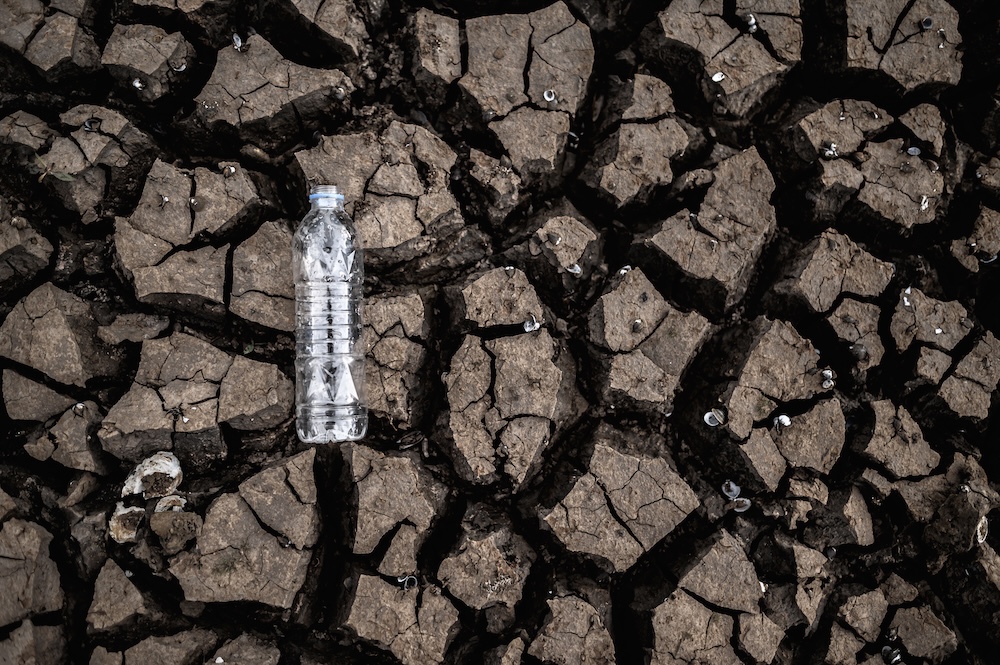The health of our planet is under pressure from multiple directions — some threats are visible and headline-grabbing, while others quietly erode ecosystems and resources over time. Together, they form a complex web of risks and scarcities that affect biodiversity, climate stability, and human well-being.
Here are seven of the most pressing environmental risks and ecological scarcities we face today, along with why they matter.
1. Climate Change and Extreme Weather
Rising global temperatures are driving more frequent and severe storms, heatwaves, droughts, and floods. These extreme events threaten food security, displace communities, and cause billions in economic losses each year.
Why it matters: Climate change amplifies nearly every other environmental risk, from water scarcity to biodiversity loss.
2. Water Scarcity
Freshwater is essential for drinking, agriculture, and industry, but overuse, pollution, and shifting rainfall patterns are straining supplies. By 2050, over half of the global population could be living in water-stressed areas.
Why it matters: Water scarcity impacts health, food production, and geopolitical stability, with some regions already experiencing conflict over resources.
3. Biodiversity Loss
Habitat destruction, overexploitation, climate change, and pollution are driving species toward extinction at an alarming rate. Scientists warn we may be entering a sixth mass extinction event.
Why it matters: Biodiversity underpins healthy ecosystems, which in turn support food, water, and climate regulation.
4. Soil Degradation
Erosion, nutrient depletion, and contamination from chemicals reduce soil productivity and threaten food security. Intensive agriculture without regenerative practices accelerates this decline.
Why it matters: Healthy soil is the foundation of agriculture, carbon storage, and water filtration — and it can take centuries to regenerate.
5. Ocean Degradation
Overfishing, coral bleaching, acidification, and plastic pollution are degrading ocean ecosystems. The ocean absorbs much of the planet’s excess heat and carbon, but its health is reaching a tipping point.
Why it matters: Billions rely on the ocean for food and livelihoods, and its decline affects global climate regulation.
6. Air Pollution
Emissions from vehicles, industry, and agriculture contribute to smog, respiratory diseases, and premature deaths. Fine particulate matter (PM2.5) is one of the deadliest pollutants, affecting both urban and rural populations.
Why it matters: Air pollution is both a public health crisis and a contributor to climate change through greenhouse gases.
7. Resource Overconsumption
The global demand for materials — from fossil fuels to metals and timber — is exceeding what the planet can replenish. This overconsumption drives deforestation, mining impacts, and ecosystem collapse.
Why it matters: Overshooting planetary limits jeopardizes future resource availability and destabilizes ecosystems.
Final Thoughts
Environmental risks and ecological scarcities are interconnected, meaning solving one often benefits others. Addressing them requires coordinated action — from individual choices to global policies — to ensure that ecosystems can recover and resources remain available for future generations.
The sooner we act, the better our chances of reversing damage and building a sustainable future.







Reader Interactions